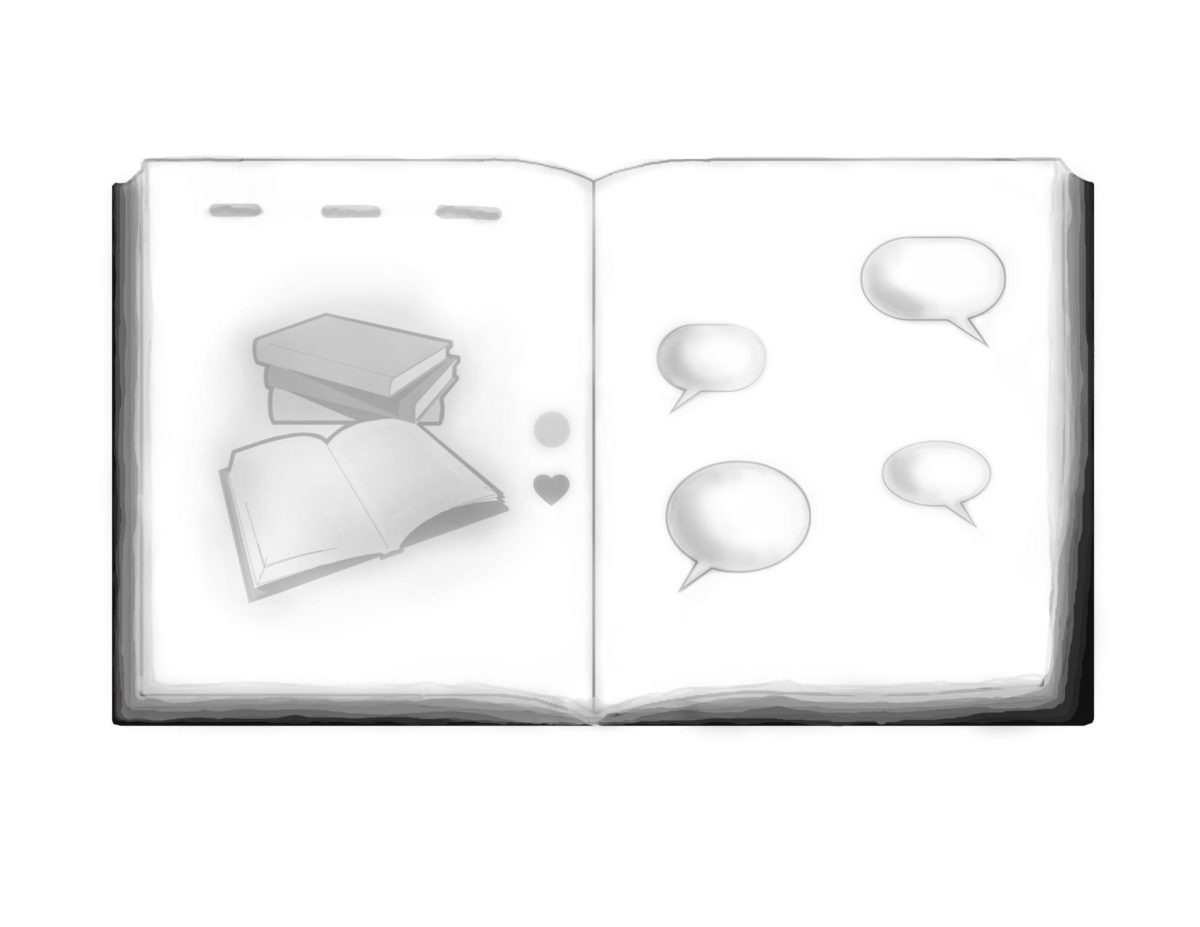At a college campus, the word “crime” usually conjures images of laptop theft, break-ins or muggings. We seldom think that an incorrectly written paraphrase or poorly cited quotation constitutes a serious transgression. However, these minor errors can result in a failing grade or–in extreme cases–expulsion.
The Student Handbook goes to great lengths to define academic dishonesty, specifically those offenses it identifies as plagiarism, which “occurs when you, intentionally or unintentionally, use someone else’s words, ideas or data without proper acknowledgment.” Further down the page, it states, “[Plagiarism] is a form of cheating; indeed it is a form of theft.”
“The theft language has been in there for a long time … I suspect that one reason for keeping language like that, which is kind of sharp, is because we are so much in a cut-and-paste, download-it-from-the-web era that people need to be reminded that yeah, this is real,” said Andrea Dobson, chair of the faculty and associate professor of astronomy and general studies.
“I think it’s probably the goal of the college to make it seem that serious, but I think that when people plagiarize they don’t realize it’s that severe,” said sophomore Katie Haaheim.
Despite Whitman’s effort to clearly define and express its policy–especially the section on plagiarism–the word’s meaning still proves slippery for many students.
“[Plagiarism] is the elephant in the room when talking about academic dishonesty, the thing people are going to get tripped up on … [it] requires a bigger definition, it’s the hardest to wrap your brain around,” said Dobson.
Students tend to understand the gravity of intentionally presenting another’s work as their own and identify such actions as plagiarism.
“Plagiarism has the connotation of being overt, where you literally just copy and paste something and do it intentionally,” said Haaheim.
However, it is often unclear to students that the college views the unintentional cases as an equally serious offense. Interestingly enough, this type of plagiarism is more frequent at Whitman.
“There are plenty of times when people are actually not giving you the references and are plagiarizing with intent, but I think accidental plagiarism is more common and that it comes from a lack of knowledge of how and where to cite things,” said Dobson.
This is most likely due to Whitman’s liberal arts academic environment, which is founded on close relationships between faculty and students.
“I think that we probably have less students buying stuff off the Internet,” said Dobson. “We know students’ work better and someone who turns in wildly irregular work would be more obvious here than someone doing it at a larger university.”
Haaheim echoes this opinion.
“I think people here are genuinely serious about academics … It’s not necessarily laziness or not wanting to write your own work, it’s being busy and not realizing how much you had to do, then panicking and maybe cutting corners on one assignment [and] in cases where people don’t cite correctly it’s more of an unawareness of proper citation,” she said.
As a proactive measure against academic dishonesty, the college requires that the policy be introduced to all students early in their undergraduate career. Upperclassmen may recall an initial meeting with a pre-major adviser where the policy was presented and the student signed a statement, acknowledging his or her comprehension.
“I remember getting something, seeing something in the Student Handbook to the effect of reading what the policy was. But I don’t remember having it actually explained to me point by point,” said Haaheim.
This year, the incoming first-years were introduced to the college’s policy by means of a group advising session led by Juli Dunn, director of Whitman’s Academic Resource Center. The result of the policy being updated during the 2009-2010 school year, the change aims for greater clarity and uniformity in the presentation of the policy.
“I think it is fair to say that we wanted to ensure a consistent message about academic honesty and integrity at Whitman. It is one conduct area that brings with it some of the harshest consequences that the college can hand down to a student and yet if you asked students about the types of conduct that might warrant such consequences it was one that was rarely mentioned,” said Dunn.
Though it will take several semesters before the administration can determine whether the adjustment will yield fewer cases of plagiarism, some visible changes have already occurred.
“The one thing I did notice is that I had more students than ever this fall wait to sign their forms until they really understood what they were signing. I saw this as an important step in the right direction in that students weren’t just signing a form; but rather, signing a form after they understood its full implications,” said Dunn.
And what exactly does this signature imply?
“By signing it you’re saying, ‘Yes I did know,’ and we’re going to hold you responsible for knowing,” said Dobson.











